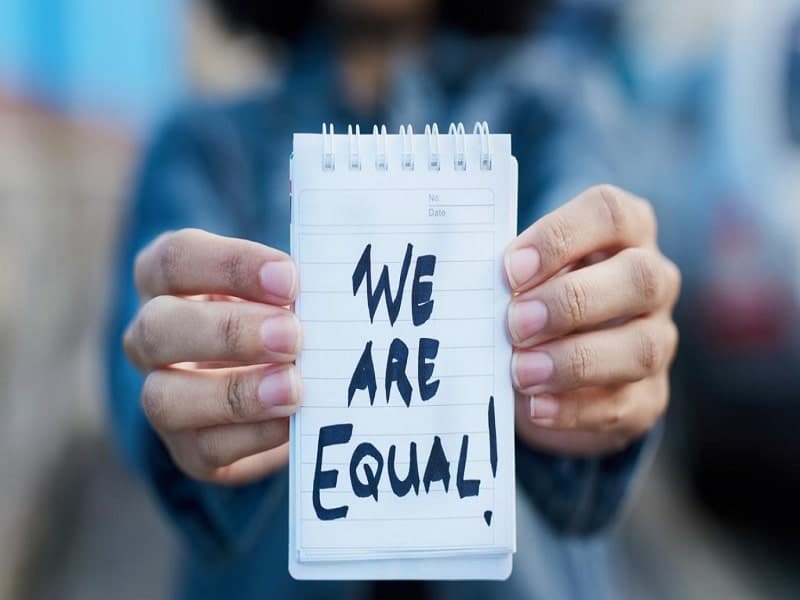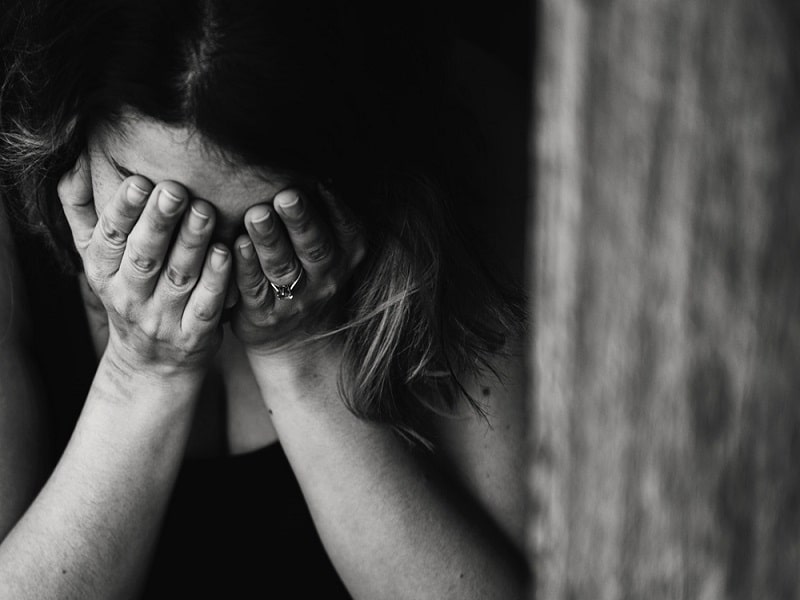Cremation is a widely practiced funerary ritual across different cultures and religions. It provides a dignified and efficient way to bid farewell to loved ones and honour their memory. However, in several societies, including some regions of India, it is observed that women are traditionally prohibited from attending cremation ceremonies. This exclusion has sparked debates about gender equality and the need to challenge long-standing cultural norms. This blog will explore why women are not allowed in funeral ceremonies. Moreover, the reasons behind this practice and critically examine its relevance in modern times.
Why women are not allowed in funeral ceremonies or cremation?
1. Historical and Cultural Context

The exclusion of women from cremation ceremonies can be traced back to historical and cultural factors deeply ingrained in societies. In some cases, it is believed that women’s presence may disrupt the solemnity of the ritual or bring bad luck. Additionally, certain traditions associate women with emotions and vulnerability, considering them more susceptible to distress during such events. Although rooted in cultural norms, these beliefs fail to recognize women’s strength and emotional resilience.
2. Perpetuating Gender Stereotypes

Excluding women from cremation ceremonies perpetuates gender stereotypes that limit their roles and reinforce traditional norms. It sends a message that women are not strong enough to handle grief or be part of the final farewell to their loved ones. Denying them the opportunity to participate fully in the grieving process undermines their autonomy and denies them the chance to mourn and pay their respects in a meaningful way.
Also Read: Shocking Reasons Behind Smelly Farts
3. Challenging the Norms

As societies evolve and move towards more inclusive practices, it becomes crucial to challenge these exclusionary customs. Women have the right to be present during cremation ceremonies and express their grief alongside their male counterparts. Recognizing and acknowledging their strength and resilience is essential for creating a more equitable and compassionate society.
4. Promoting Inclusivity and Emotional Support

If you are worried why women are not allowed in funeral ceremonies then allowing women to participate in cremation ceremonies brings about numerous benefits. It fosters inclusivity, ensuring everyone affected by the loss can actively engage in grieving. Moreover, women play significant roles in providing emotional support to grieving families. Their presence can offer comfort, empathy, and solidarity, creating a nurturing environment for healing.
5. Adapting Traditions for Modern Times

Cultural practices are not static; they evolve with time. It is essential to reinterpret and adapt traditions to align them with contemporary values of gender equality and inclusivity. Many societies have already started challenging the exclusion of women from cremation ceremonies and are advocating for their rightful presence. By embracing change, we can transform funeral rituals into spaces that provide solace, support, and unity for everyone involved.
Also Read: 5 Weird Indian Wedding Rituals in India
The tradition of not allowing women for cremation ceremonies has deep historical and cultural roots. However, in modern times, it is necessary to question and challenge such practices to promote gender equality and inclusivity. Recognizing women’s strength, resilience, and capacity for emotional support is crucial in creating a society that values the participation and contributions of all its members.